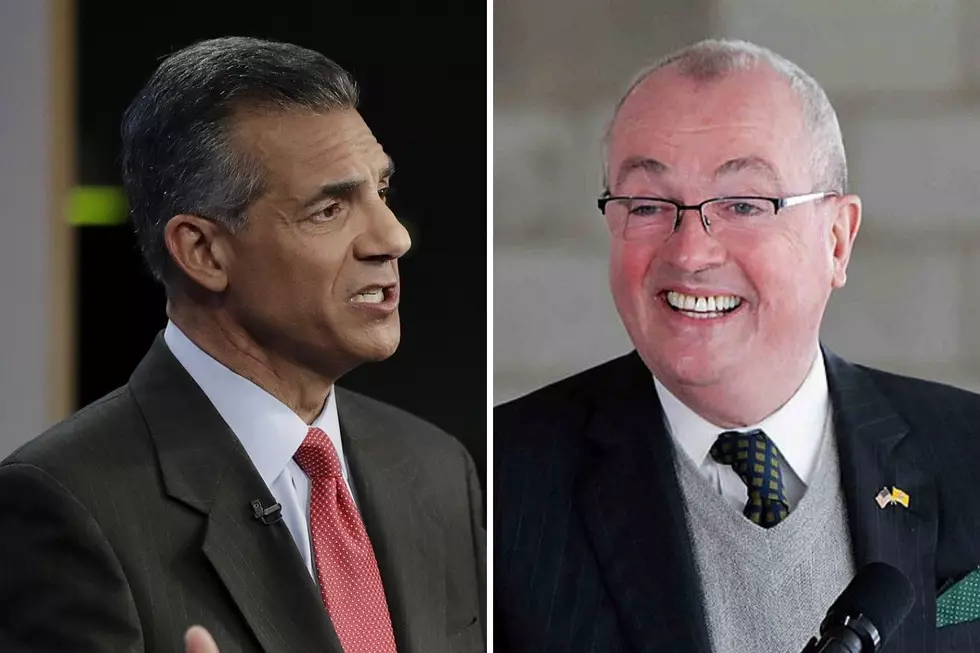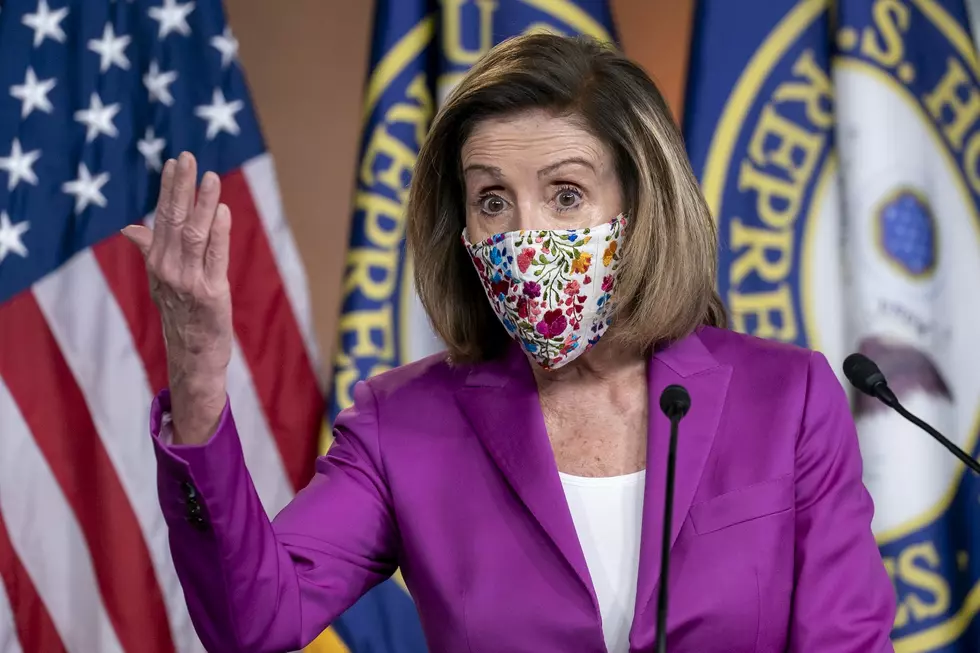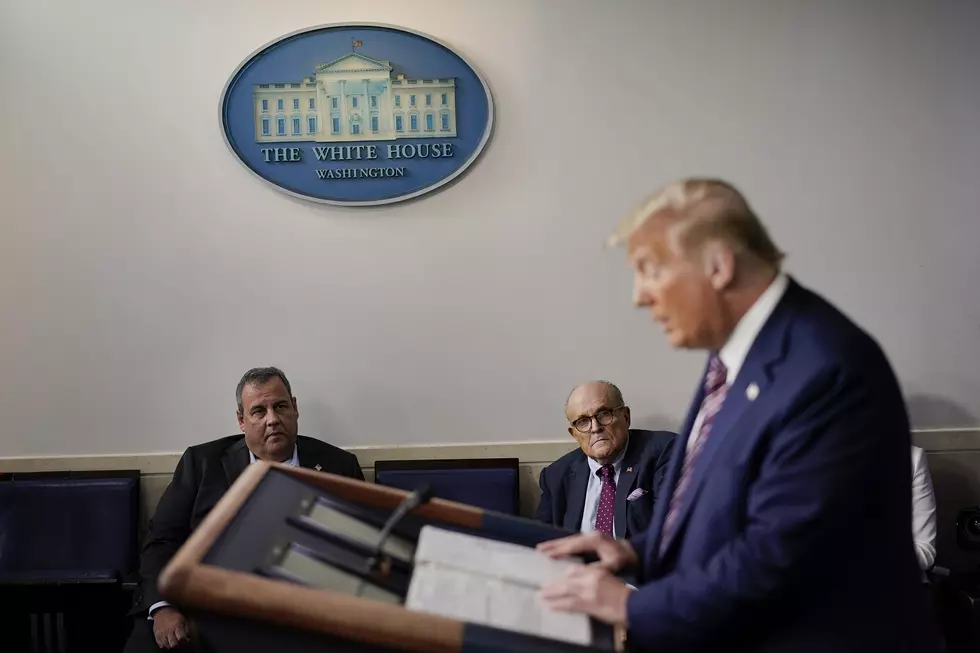
Rutgers faculty asked to be ‘sensitive,’ skip exams on election week
With a cloud of anxiety hanging over the November election, faculty at Rutgers University are urging their peers not to give tests or assign papers to students in the days after Election Day because of the "tumultuous" nature of the election.
The Rutgers Faculty Council — an advisory body that meets several times a year — approved a resolution last month saying that "we suggest that faculty consider not holding exams on or requiring papers due on the day after the presidential election nor during the rest of the week."
"We understand how challenging it is for instructors to change their course schedules mid-semester but anticipate that the days leading up to, and immediately following, the election will be tumultuous," an email to faculty by the school's Undergraduate Education Council says.

Rutgers spokesman Neal Buccino said it was sent after the Faculty Council asked the school's chancellor to share it, and the provost office in turn asked the Undergraduate Education Council that the message be sent out.
"We all need to be sensitive how this will affect our students," he said.
Marybeth Gasman, the council member who introduced the resolution, could not be reached for comment on Tuesday.
Going into the 2020 election, there are several issues adding to the angst: concerns about voter fraud and unprecedented all mail-in vote; worry about potential violence after the election; and doubts by some whether there will be a smooth transition of power if Trump were to lose to Joe Biden. When asked, Trump has not clearly committed to a clean transition.
New Jersey is preparing for potential threats against the election and released a report on potential threats to the election process as well as tumult that could follow after Nov. 3.
Middlesex County, home to Rutgers campuses in Piscataway and New Brunswick campus, has assembled a team of 30 officers from the prosecutor's office to handle potential unrest.
After the 2016 election, many people were upset, depressed or angry about the defeat of Hillary Clinton and expressed their frustration on social media and street demonstrations.
"I think Rutgers is being smart by being proactive about this," Dr. Steven Tobias, director of The Center for Child and Family Development in Morristown, told New Jersey 101.5. "You could argue, 'what's the chance of anything happening' and 'we're pampering the students and they need to deal with things,' but I think the risk of something happening is much greater."
Tobias said everyone is under a tremendous amount of stress and I think this election more than previous ones is going to exacerbate the stress.
Students are dealing with the "unique stress" brought on by the coronavirus pandemic of remote learning and going into class and a highly charged political environment, he said.
"I think anything the university can do to bring those stress levels down and to give kids a break at least for a week during the election, let them process everything that's going on politically, that's going to enable them to learn better and deal with things in the long run," Tobias said.
Tobias suggested not obsessing with the news, staying away from social media and avoiding arguments to cope with the stress of the election.
"If you argue politics with someone, the other person doesn't change their mind — they get more entrenched in their viewpoint, so it's really not productive to engage in arguments or heated debates," Tobias said.
Rowan University spokesman Joe Cardona told New Jersey 101.5 the University Senate, which is the same type of body as Rutgers Faculty Council, has not voted on such measures.
"The Office of the Provost has asked faculty to be flexible on Election Day (we have classes) and encourage students to vote," Cardona said.
Officials at The College of New Jersey and Rider University said they do not have similar policies.

7 Ways To Manage Anxiety/Depression During COVID-19 Pandemic
More From 92.7 WOBM










